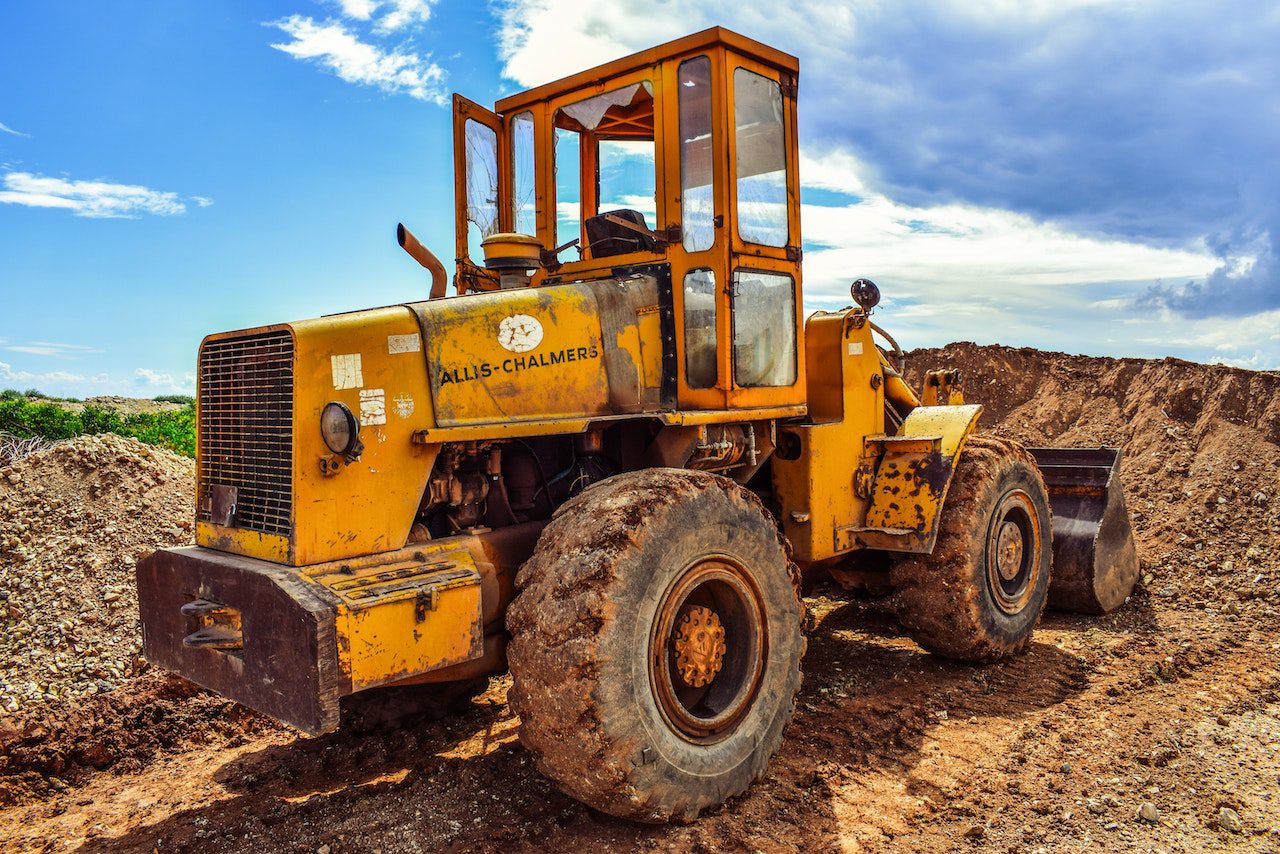Tips to Buy Industrial Equipment 2nd Hand
In the world of manufacturing and heavy industries, acquiring industrial equipment can be a substantial investment. Many businesses are now turning to the option of buying second-hand industrial equipment to minimize costs without compromising on quality.
However, navigating this market requires careful consideration and expertise to ensure that you make the right choices. In this article, we’ll provide you with valuable tips to help you make informed decisions when purchasing used industrial equipment.
Define Your Requirements
Before you begin your search for second-hand industrial equipment, it’s crucial to have a clear understanding of your specific needs. Make a detailed list of the equipment you require, such as machinery, tools, or specialized devices. Consider the technical specifications, sizes, and capacities needed to meet your production demands effectively.
Research and Source Reliable Sellers
Thorough research is essential when it comes to buying used industrial equipment. Look for reputable sellers, dealers, or online marketplaces that specialize in second-hand machinery and tools. Verify the credibility of the sellers by checking reviews and testimonials from other buyers.
Inspect Equipment Condition
When purchasing used industrial equipment, a thorough inspection is paramount. Examine the equipment in person whenever possible to assess its condition. Look for signs of wear, rust, corrosion, or any damage that could impact its performance. Functionality is crucial, so ensure that all components are in working order.
Consider Maintenance History
Inquire about the maintenance history of the equipment. Well-maintained machinery is more likely to have a longer lifespan and better performance. Ask for documentation or records that highlight the maintenance and servicing activities performed on the equipment over time.
Test Equipment Performance
Whenever feasible, test the equipment’s performance before finalizing your purchase. Run the machinery through its paces to evaluate its functionality, precision, and efficiency. This step is particularly important for complex industrial equipment that plays a critical role in your production processes.
Evaluate Technology Compatibility
For industrial equipment that incorporates technology or automation, ensure that it’s compatible with your existing systems. Check if the software and hardware can integrate seamlessly with your operations. Compatibility issues can lead to operational disruptions and additional costs.
Understand Depreciation and Resale Value
Take into account the depreciation and potential resale value of the industrial equipment you’re considering. Research the typical depreciation rate for the specific type of machinery and factor this into your decision-making process. Understanding the equipment’s residual value can help you assess the long-term financial impact of your investment.
Negotiate Pricing Strategically
Negotiation is often a part of buying second-hand industrial equipment. Don’t hesitate to negotiate the price with the seller, especially if you’re purchasing multiple items. Be prepared with market research and comparable prices to support your negotiation efforts.
Conclusion
Purchasing second-hand industrial equipment can be a wise choice for businesses seeking cost-effective solutions for their manufacturing and production needs. By following the expert tips outlined in this article, you can navigate the process with confidence and make well-informed decisions.
Remember to define your requirements, research reliable sellers, thoroughly inspect the equipment, and consider factors like maintenance history, technology compatibility, and resale value. With careful consideration and due diligence, you can acquire high-quality industrial equipment that enhances your operations and contributes to your bottom line.













Leave a Reply
Want to join the discussion?Feel free to contribute!